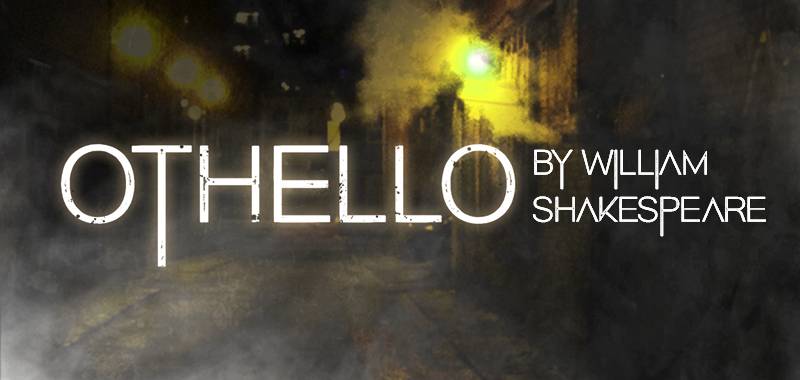


Like in the rehearsal process, I was getting really, really angry and aggressive over the little small details, like coffee not being made or my pencil not being in the right place. This is the first time where sometimes I’m not quite sure if it’s me reacting or the character reacting on and off stage. What is it like to be playing Othello at this time of Black Lives Matter and reassessing and examining systemic racism? I imagine it must be a fascinating time to do this play. This interview has been edited for length and clarity. The PBS NewsHour’s John Yang spoke with Williams midway through the season about portraying Othello at this moment of reckoning over racism in the country’s history, how the pandemic has affected her experience as an actor, and the racial and gender dynamics in the play. Safeguards included the performers maintaining an “isolation covenant,” cutting indoor seating by more than half, mandatory masking for all non-performers and, for the first time, staging performances outdoors and streaming shows online. It also instituted strict COVID-19 guidelines based on medical advice, aimed at keeping both the actors, theater staff, and audience safe. The Center provided its ensemble, performing in “Othello” and the “Twelfth Night” in repertory until Oct. Ultimately, she needed the work - prior to the season, she had not been receiving unemployment benefits - and felt safe at the theater company. So Williams dropped her union membership, turning away from certain benefits, to perform as Othello. The Actors’ Equity Association, the national union representing stage actors, did not approve the reopening of some theaters, like ASC, due to safety concerns over the coronavirus pandemic. Williams also gave up her actors union membership to play Othello. The PBS NewsHour’s John Yang traveled to Staunton, Virginia, for the theater’s production of “Othello,” starring Jessika D. Today’s headlines provide a new lens to this centuries-old play, which has been reinterpreted for the modern stage at the American Shakespeare Center. Shakespeare’s tragedy “Othello” is rife with manipulation, jealousy, murder - and racial tension. As with most of Shakespeare’s plays, the titular role would have been played by a white man when it was first staged. Othello has long been viewed as a play imbibed with racism due to the dynamics of a white man systematically destroying the life of a Black man. “No one could have known the impact that it actually might have on a person of color to play that role,” she said.

Years later, she was cast in the role in a production staged this season by the American Shakespeare Center in Virginia’s Shenandoah Valley. Williams first learned about the role of Othello, the only of Shakespeare’s theatrical leads who is widely interpreted as a Black man, while studying the bard as a teen at Interlochen Arts Academy, a fine arts boarding school in Michigan. The play’s bloody finale culminates in a cauldron of jealousy, murder and deep remorse. The Shakespearean tragedy centers on a Moorish general in Venice who is manipulated by Iago, his trusted aide. “It has to do with how we’re doing it and when we’re doing it,” Williams said. But playing Othello as a Black woman amid nationwide protests against systemic racism, she sees parallels between racism in the play and in real life. Williams, 35, has never felt this way in a role. Williams takes the stage as Othello, she sometimes doesn’t know if she’s reacting as the character or herself.


 0 kommentar(er)
0 kommentar(er)
